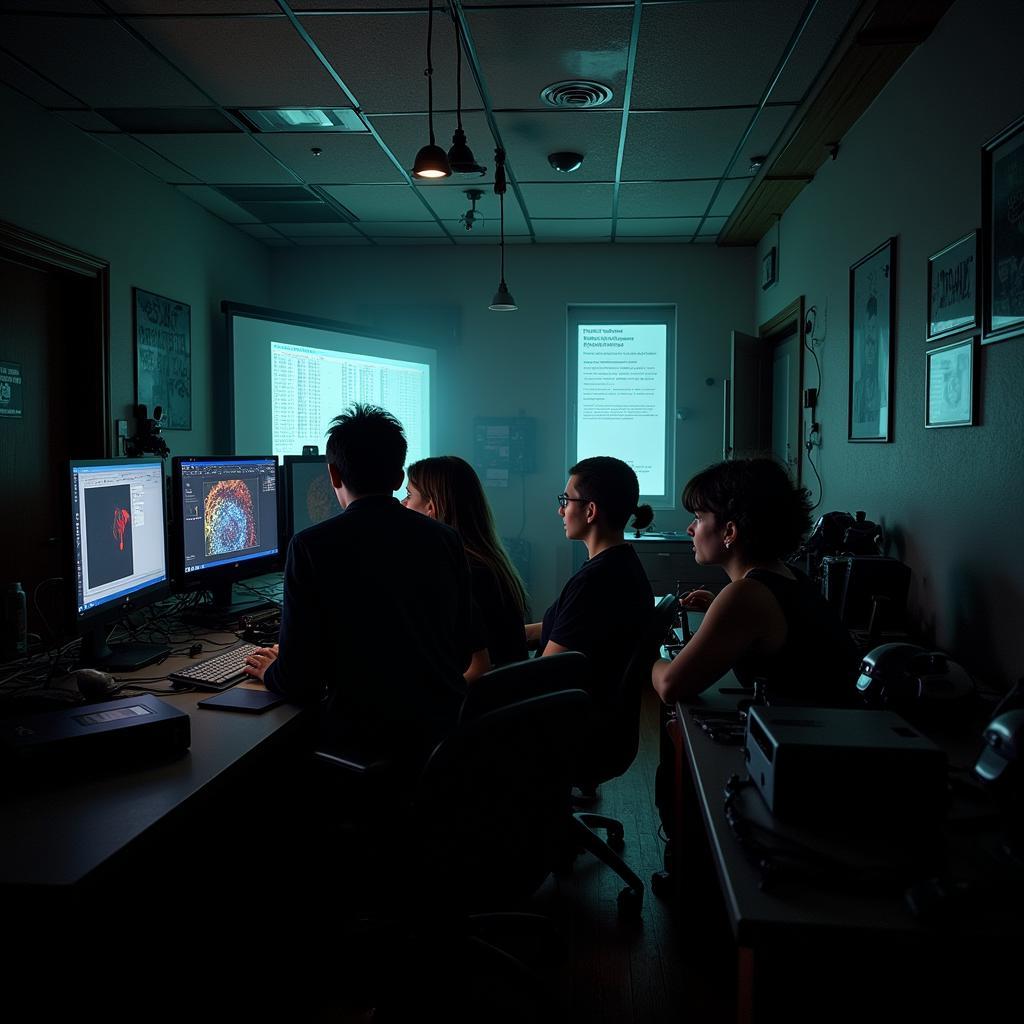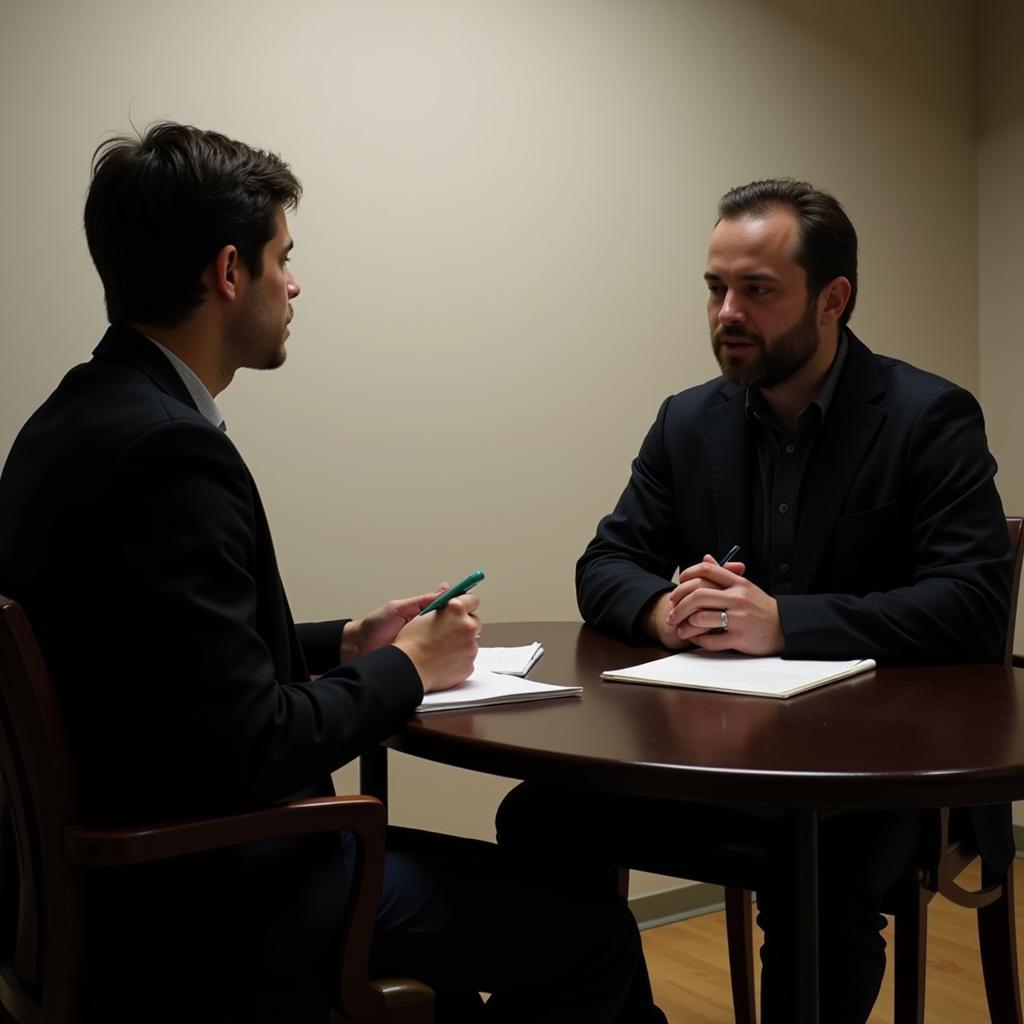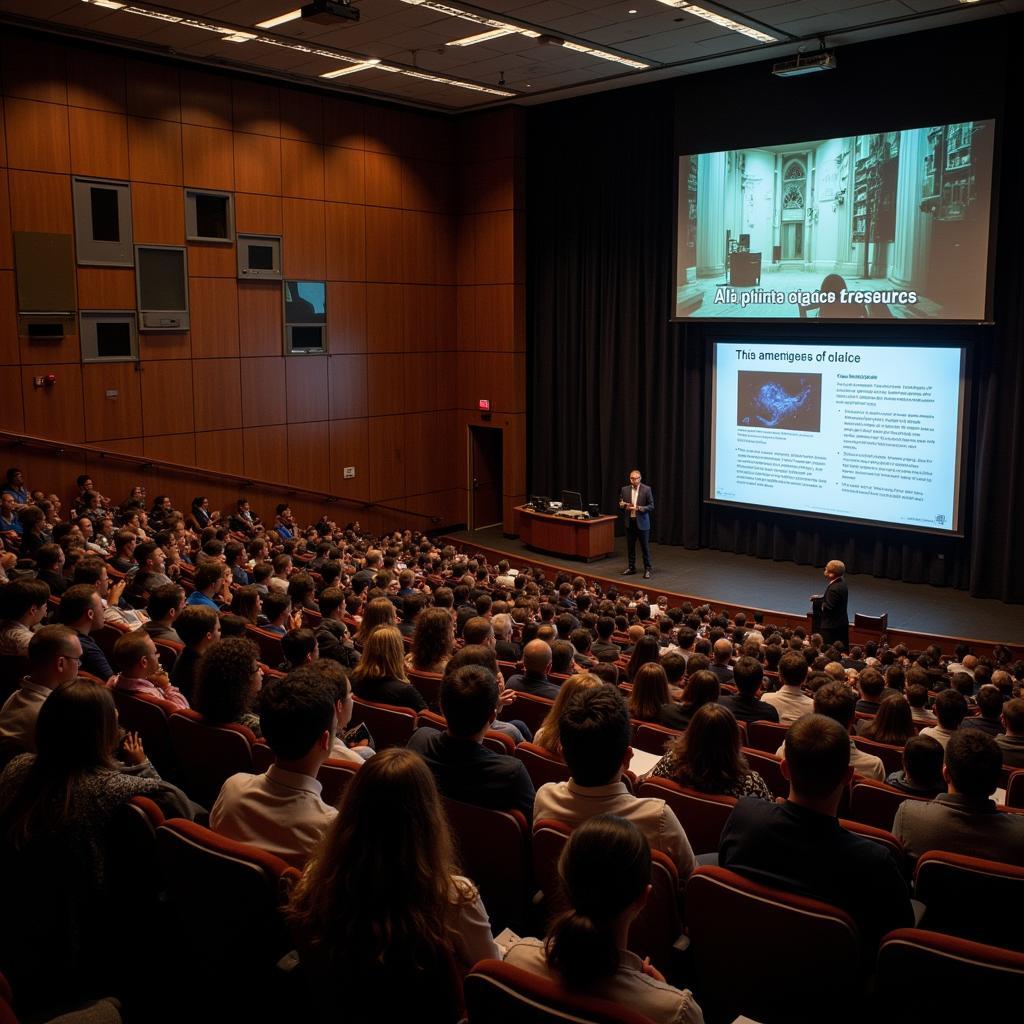Academic research buildings at the University of Pennsylvania are renowned for their contributions to various fields, but did you know that some researchers delve into the realm of the paranormal? While often shrouded in skepticism, paranormal research at UPenn seeks to apply scientific rigor to unexplained phenomena, exploring the boundaries of human perception and the unknown.
Exploring the Unexplained: Research Focus Areas
Paranormal research at UPenn encompasses a diverse range of phenomena, including:
- Extrasensory Perception (ESP): Researchers investigate claims of telepathy, clairvoyance, and precognition, attempting to identify any underlying mechanisms that could explain these abilities.
- Psychokinesis (PK): This area of study focuses on the purported ability of the mind to influence matter directly, such as moving objects with thought alone.
- Haunted Locations: UPenn researchers venture into reportedly haunted sites, employing a combination of scientific instruments and historical analysis to investigate paranormal claims.
- Near-Death Experiences (NDEs): Researchers interview individuals who have reported near-death experiences, analyzing common themes and seeking neurological correlates to these profound events.
 Paranormal Research Lab at UPenn
Paranormal Research Lab at UPenn
Bridging the Gap: Methodology and Approaches
Paranormal research at UPenn faces the challenge of applying scientific methodologies to subjective experiences and elusive phenomena. To address this, researchers employ a multidisciplinary approach, drawing from fields like:
- Psychology: Understanding human perception, consciousness, and the potential for bias is crucial in paranormal research.
- Neuroscience: Brain imaging techniques, like EEG, can help identify any neurological correlates associated with paranormal experiences.
- Physics: Instruments that measure electromagnetic fields, temperature fluctuations, and other physical anomalies are used to investigate potential environmental factors.
- History: Examining historical accounts and folklore surrounding paranormal claims can provide context and insights into the cultural influences on belief.
 Paranormal Investigator Interviewing Subject
Paranormal Investigator Interviewing Subject
The Importance of Critical Evaluation
One of the hallmarks of paranormal research at UPenn is the emphasis on critical evaluation. Researchers rigorously analyze data, considering alternative explanations, and acknowledging the limitations of their studies. This commitment to objectivity and scientific integrity ensures that findings are scrutinized and interpreted cautiously.
“In the realm of the paranormal, it’s essential to maintain a healthy skepticism,” says Dr. Emily Carter, a leading researcher at UPenn’s Parapsychology Lab. “While we approach our research with an open mind, we also recognize the importance of ruling out conventional explanations and avoiding confirmation bias.”
 Paranormal Research Conference at UPenn
Paranormal Research Conference at UPenn
Unlocking the Mysteries: The Future of Paranormal Research at UPenn
Paranormal research at UPenn continues to push the boundaries of scientific inquiry, seeking to shed light on the unexplained and expand our understanding of the universe and human consciousness.
While definitive answers to paranormal mysteries remain elusive, the ongoing research at UPenn offers a glimpse into the rigorous and multifaceted efforts underway to unravel the enigmas that lie at the fringes of our current knowledge. By combining scientific methodologies with an open mind, UPenn researchers are contributing to a growing body of knowledge that challenges conventional thinking and encourages us to question the limits of what we believe to be possible.
Frequently Asked Questions
Q: Is paranormal research at UPenn considered a legitimate field of study?
A: While paranormal research remains a controversial area, UPenn researchers are committed to applying scientific rigor and critical evaluation to their investigations.
Q: What are some of the challenges faced by paranormal researchers?
A: Paranormal researchers often encounter difficulties in replicating findings, controlling for variables, and distinguishing between subjective experiences and objective phenomena.
Q: How can I get involved in Paranormal Research at UPenn?
A: Opportunities for involvement may include volunteering at the Parapsychology Lab, attending lectures and conferences, or contacting researchers directly to inquire about potential research projects.